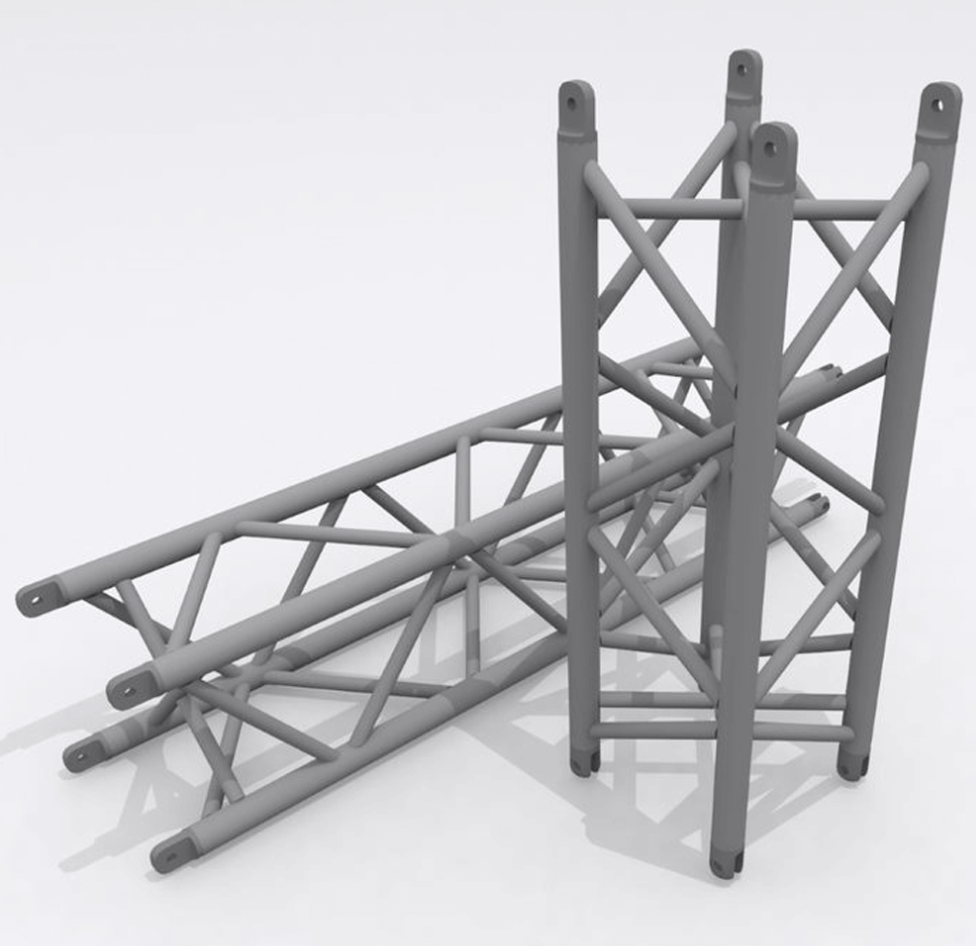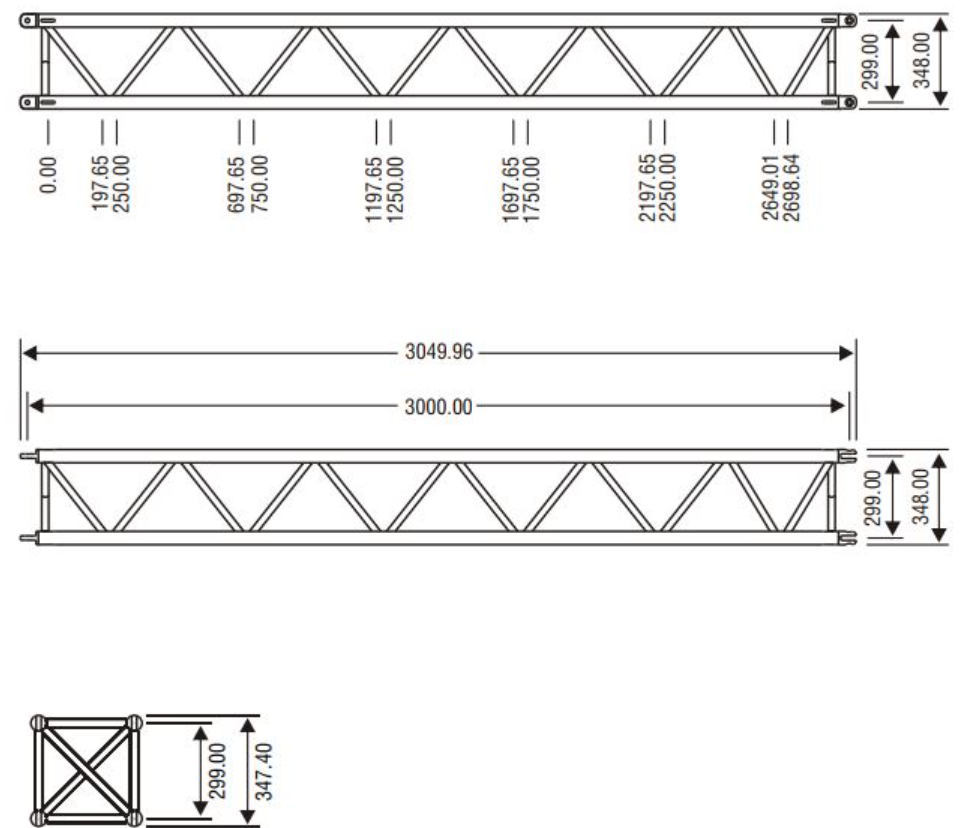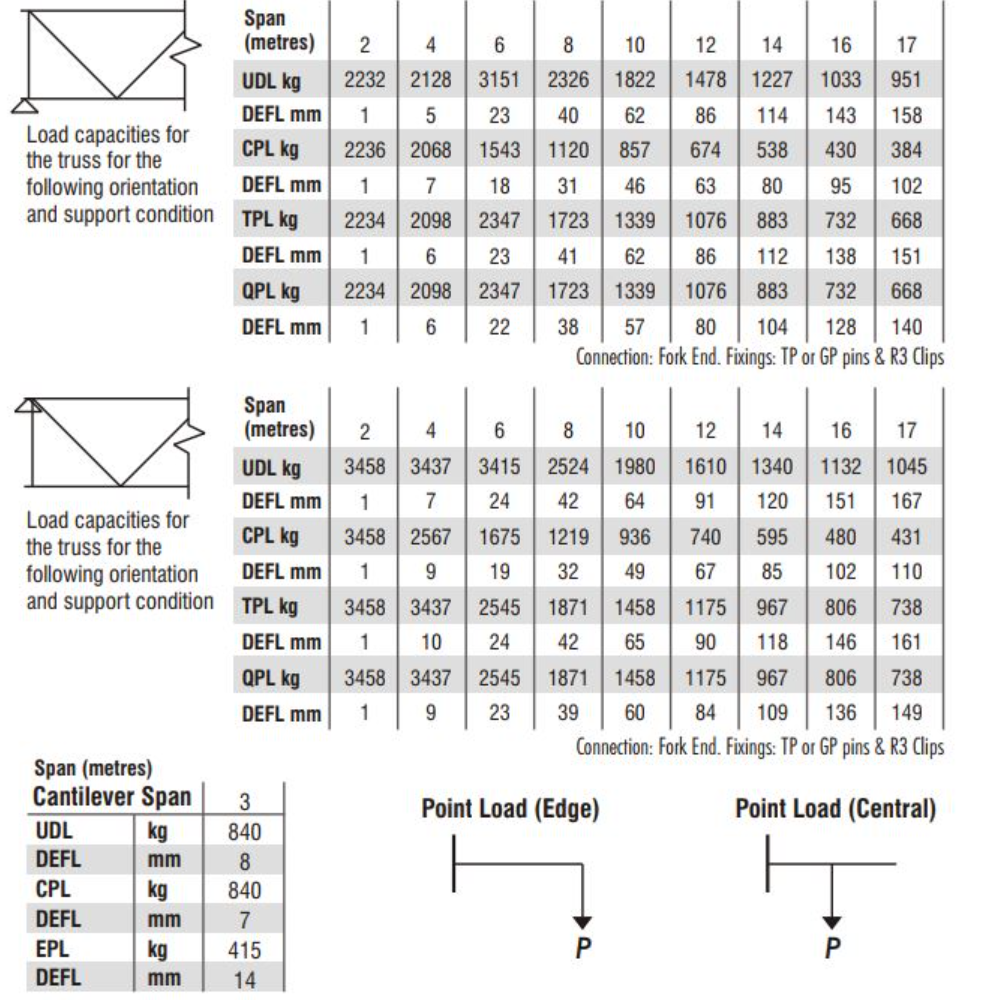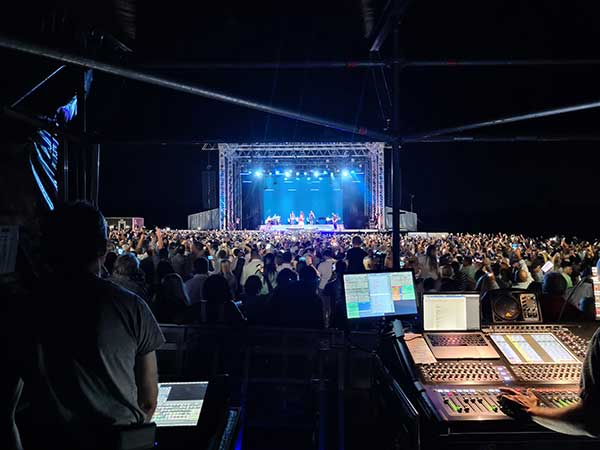Considerations to make before planning your outdoor event
With the growing popularity of outdoor events in the UK, ensuring the safety and well-being of attendees is of utmost importance. As an event organiser or building owner, it is essential to be aware of the requirements and regulations that need to be followed to create a safe and secure environment for your outdoor public event.
One of the primary requirements for an outdoor event is to conduct a thorough risk assessment. This involves identifying potential hazards and evaluating the associated risks. The risk assessment should consider factors such as the location of the event, the size and nature of the event, the number of attendees, and the activities or equipment involved. By assessing these risks, you can implement appropriate control measures to minimise any potential harm or accidents.
Another important requirement is to have an event safety plan in place. This plan outlines the key safety measures and procedures that will be implemented during the event. It should include details such as emergency evacuation procedures, first aid provisions, fire safety precautions, crowd management strategies, and communication protocols. Having a well-developed event safety plan not only ensures the safety of attendees but also demonstrates your commitment to their well-being.
In addition to these requirements, it is essential to comply with any relevant legislation and obtain any necessary approvals or permits for your event. This may include obtaining building regulations approval if you are constructing any temporary structures or stages, adhering to food hygiene standards if food will be served, and complying with any licensing requirements for the sale of alcohol or playing of music.
Understanding your outdoor event size and scale
When it comes to planning and organising an outdoor event, one of the crucial aspects to consider is the scale and size of the event. These factors play a significant role in determining the requirements and considerations for the construction of a large stage in the UK.
Firstly, the scale of the event directly affects the number of attendees and the overall logistics of the event. A larger event with a larger audience will require a stage that can accommodate the demands of both the performers and the audience. The stage needs to be designed and constructed in a way that ensures the safety and comfort of everyone involved. For instance, if the event is expected to draw a massive crowd, opting for a larger stage with increased width and depth may be necessary to allow for proper movement and performance space.
Additionally, the demands of headline acts and performers also play a role in determining the choice of stage. Some performers may require additional equipment, such as elaborate lighting rigs or large props, which must be considered during construction. Moreover, the stage must be sturdy and capable of supporting heavy equipment and performers, ensuring their safety and preventing potential accidents or mishaps.
Ensuring your venue can handle your requirements
When planning an outdoor event, one crucial aspect to consider is the size and ability of the venue. This factor plays a significant role in selecting the appropriate stage for the event. The stage needs to be designed and constructed to complement the venue and ensure the safety and comfort of all attendees.
The size of the venue directly affects the number of attendees and the overall logistics of the event. A larger event with a larger audience will require a stage that can accommodate the demands of both the performers and the audience. The stage must be wide and deep enough for proper movement and performance space. It should be able to handle the weight of performers, equipment, and props without any safety risks.
In addition to size, accessibility is another key consideration. The venue should have flat ground without any obstacles that might hinder the construction and safe use of the stage. The access routes for delivery of materials and equipment should be easily navigable. The type of surface, whether it is grass or concrete, also needs to be considered as it will impact the stability and installation of the stage.
What do your performers need from your outdoor stage?
When selecting a stage for an outdoor event in the UK, it is important to consider the performance needs to ensure a successful and smooth event. One of the key factors to consider is the specific requirements of the performances that will take place on the stage. Different types of performances, such as music concerts, theatrical productions, or dance performances, have varying requirements.
For example, a music concert might require a larger stage with more space to accommodate a full orchestra or multiple bands. The stage should have provisions for technical equipment, such as speakers, lighting rigs, and sound systems, to ensure optimal sound quality for the performers and the audience. It should also have ample space and capacity to support instruments, amplifiers, and other equipment safely.
Another important factor to consider is the flexibility of the stage. Some performances may require the stage to be modified or adjusted to accommodate specific set designs or props. A stage with a modular design or the ability to add extensions or platforms can be beneficial in meeting these requirements.
Additionally, it is important to consider any specific requests from performers. This may include the need for a proscenium arch for theatrical performances, a runway extension for fashion shows, or any other specific features that are essential for the performers to deliver their best performance.
Battling the UK weather!
When planning for an outdoor event in the UK, it is crucial to consider the time of year and the prevailing weather conditions. These factors play a significant role in the stage’s construction and the event’s overall success.
Firstly, the time of year can greatly impact the feasibility of holding an outdoor event. The UK experiences a wide range of weather throughout the year, from mild summers to cold and wet winters. Organisers must consider the potential risks associated with extreme weather conditions such as heavy rain, strong winds, and snowfall during winter.
The weather conditions also directly impact the construction of the stage. For example, during wet or rainy seasons, the ground may become soft and muddy, posing a risk to the stability of the stage and equipment. In contrast, strong winds can affect the structural integrity of the stage and pose a safety risk to both performers and attendees.
To mitigate these challenges, it is essential to have contingency plans in place. This may involve having alternative indoor venues available in case of adverse weather conditions or investing in weather-resistant materials and equipment. Regular weather monitoring and early warning systems can help inform decisions and allow for necessary adjustments to ensure the event’s safety and success.
Health and Safety Regulations for UK Outdoor Stages
When it comes to organising outdoor events with large stages in the UK, specific health and safety regulations must be adhered to, to ensure the safety of everyone involved. These regulations are in place to safeguard not only the performers but also the event organizers, attendees, and the public. Failure to comply with these regulations can result in serious accidents, injuries, and even legal consequences. Therefore, it is crucial to understand and implement these regulations throughout the construction and operation of outdoor stages.
Safety Assessment and Planning
Before any construction work begins, a thorough risk assessment must be conducted to identify potential hazards and assess their risk level. This includes evaluating the location, ground conditions, access routes, nearby infrastructure, and any potential obstacles or hazards. Based on the risk assessment findings, a comprehensive safety plan should be developed, outlining the necessary precautions, control measures, and emergency procedures to be put in place. This plan should also consider any specific regulations or guidelines imposed by local authorities or the event’s insurance provider.
Construction and Design Considerations
The design and construction process of outdoor stages must adhere to strict safety standards. This includes using certified and structurally sound materials, ensuring proper load-bearing capacity, and considering the stability of the stage in relation to the ground conditions. Competent professionals with experience in outdoor event construction should carry out the construction process. Regular inspections and quality checks should be conducted throughout construction to identify and address potential safety risks.
These articles may also interest you:
Investing in your events: Production Hire acquires new production equipment
The Ultimate Solution for Event Technical Services
Tailored Touring Solutions with Production Hire
Why work with Production Hire for your outdoor event?
Established over 25 years ago, Production Hire provides a 360-degree technical supply service to all types of events. With a comprehensive stock of sound, lighting, staging and visual equipment, we aim to be your complete turnkey solution for all your event production hire needs. With warehouses located in west Northamptonshire, just off the M40, we are well-positioned to service events in all parts of the UK, Ireland and the Channel Islands. Production Hire is the UK’s premier supplier of hire services for live sound, LED screens and event lighting in London, the Midlands and across the UK.
With over 25 years in the production hire business, we can provide a professional event production service for all your needs. From marketing agencies and festival organisers to local authorities and event managers, we provide a full range of event production services for live sound, LED screens, stages and stage roofs, and Layher structures. Our aim at Production Hire is to ensure you have all the technical event equipment you need for a flawless and highly professional design for your event.
Get in touch with our team to find out more about our outdoor stage designs!






